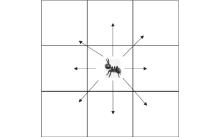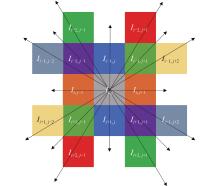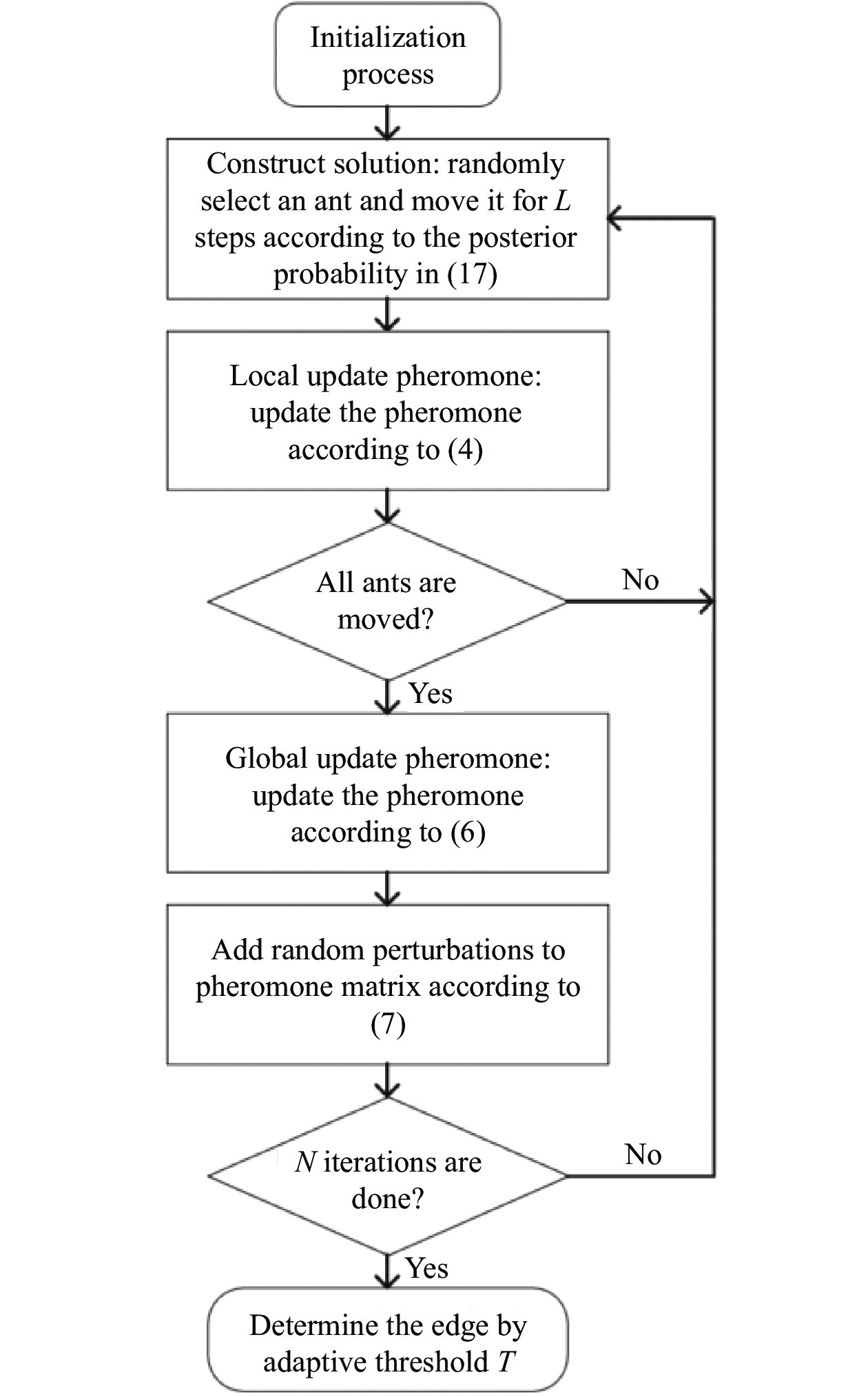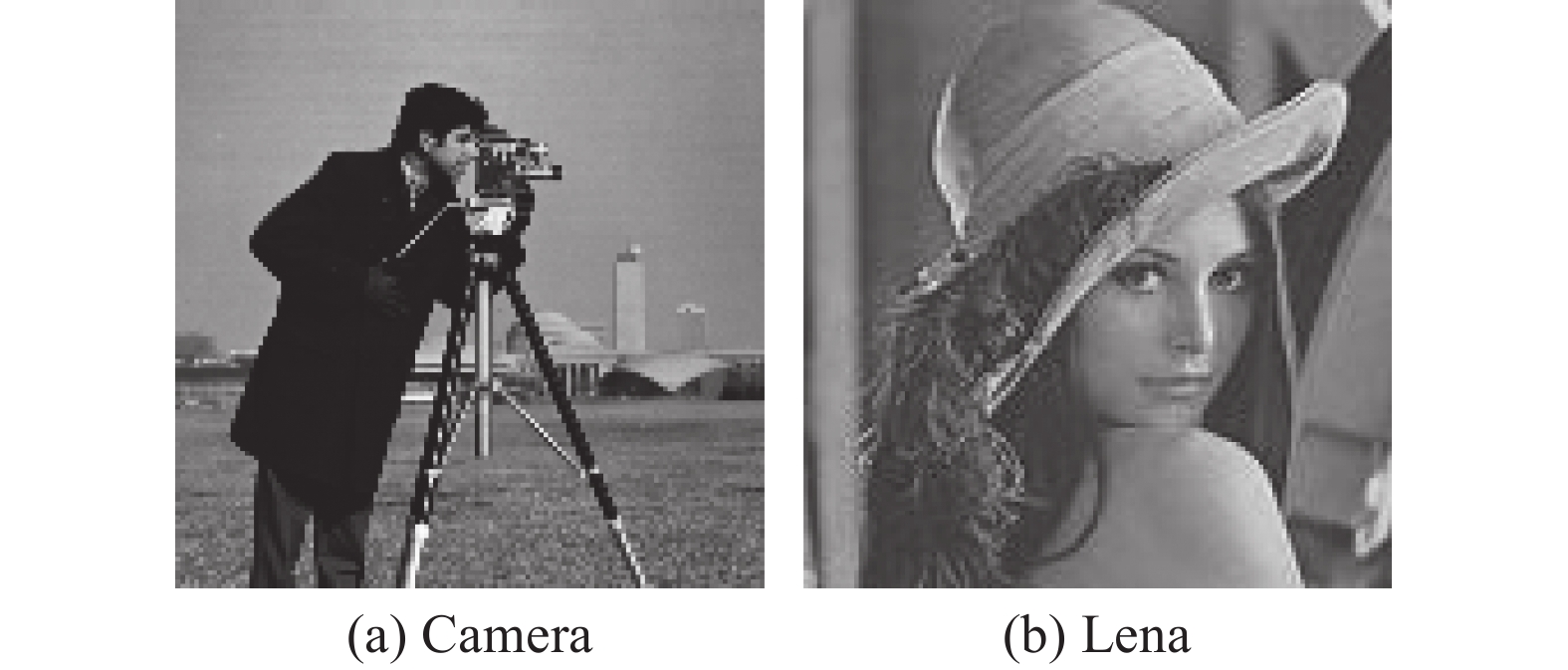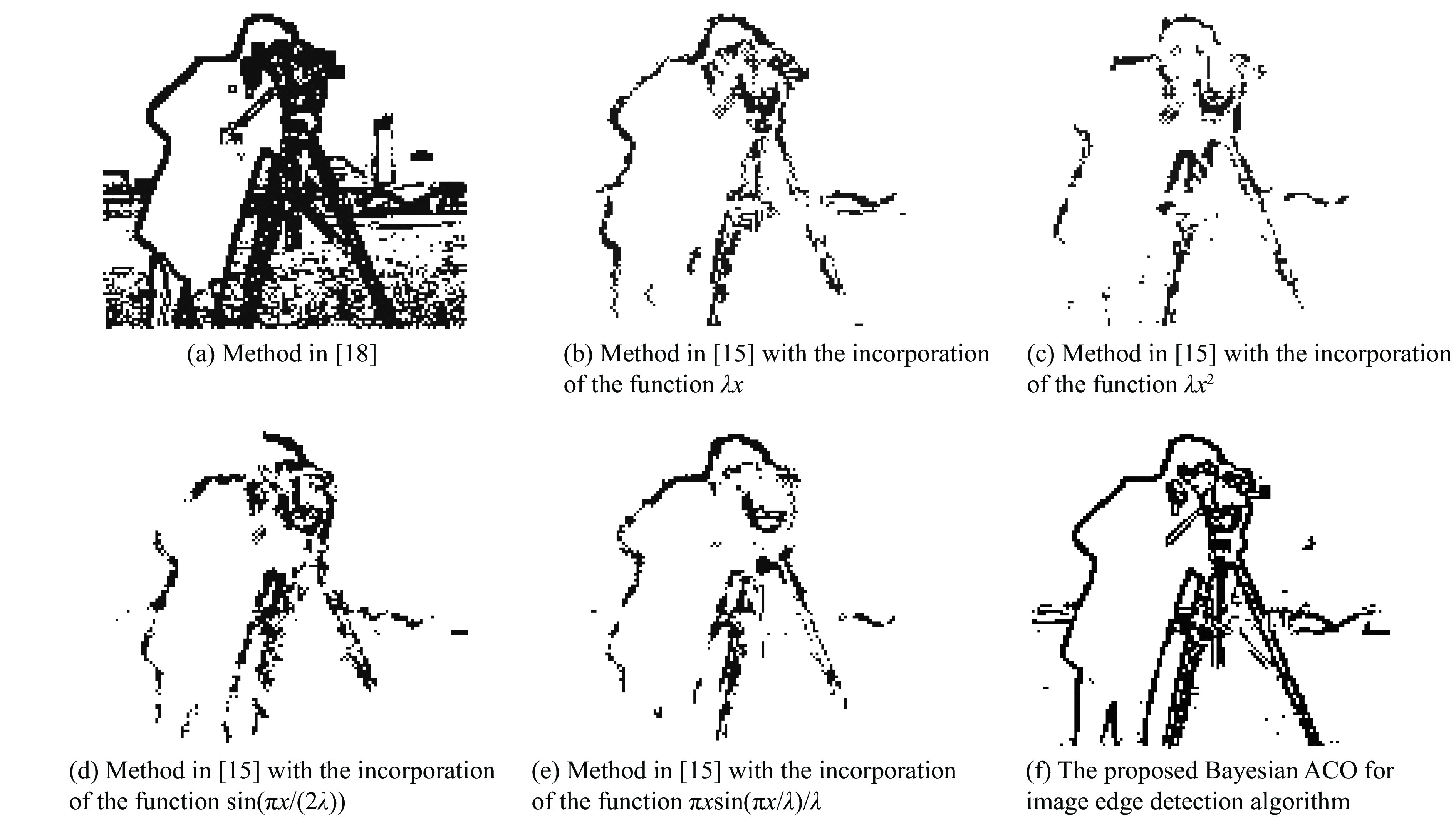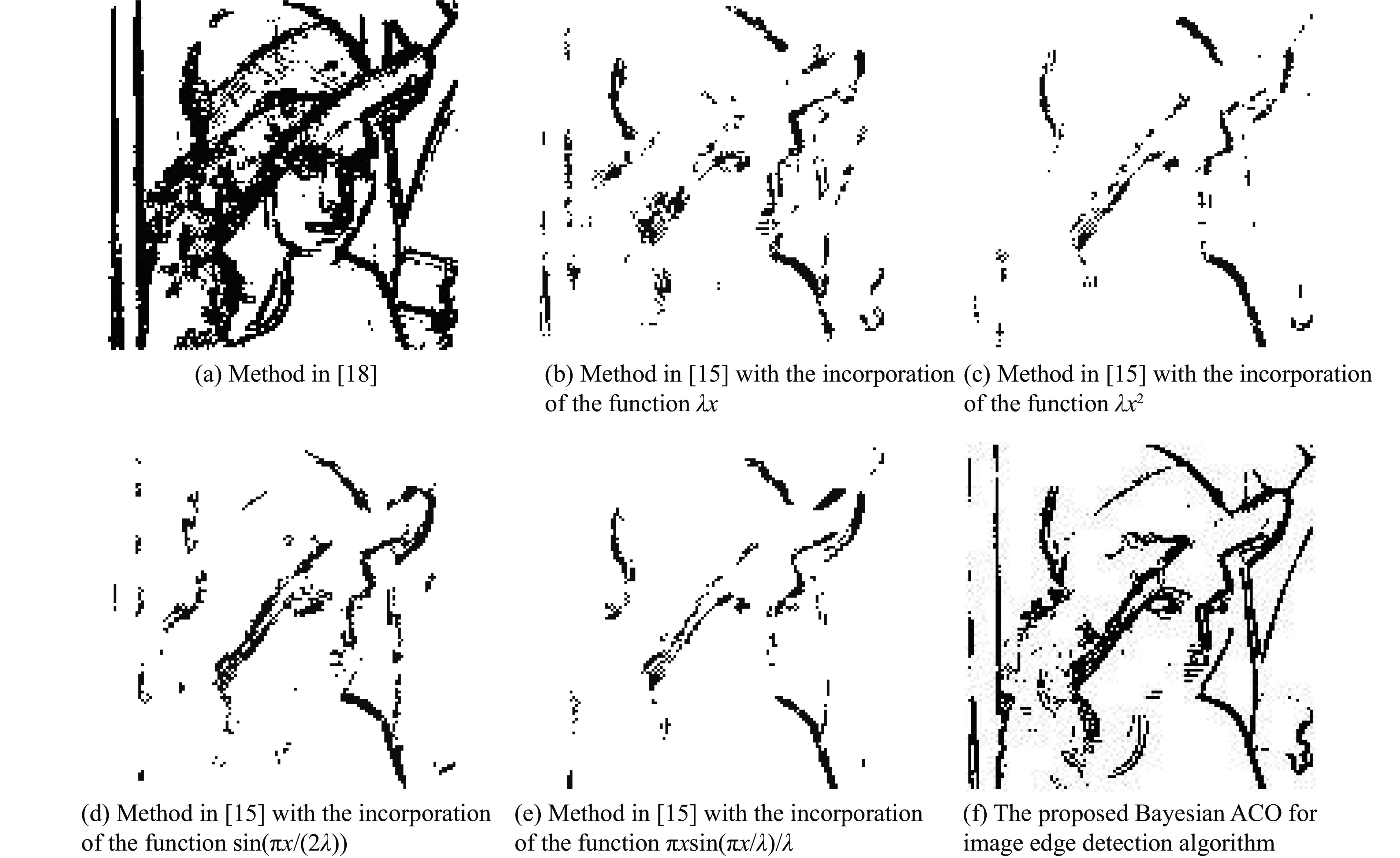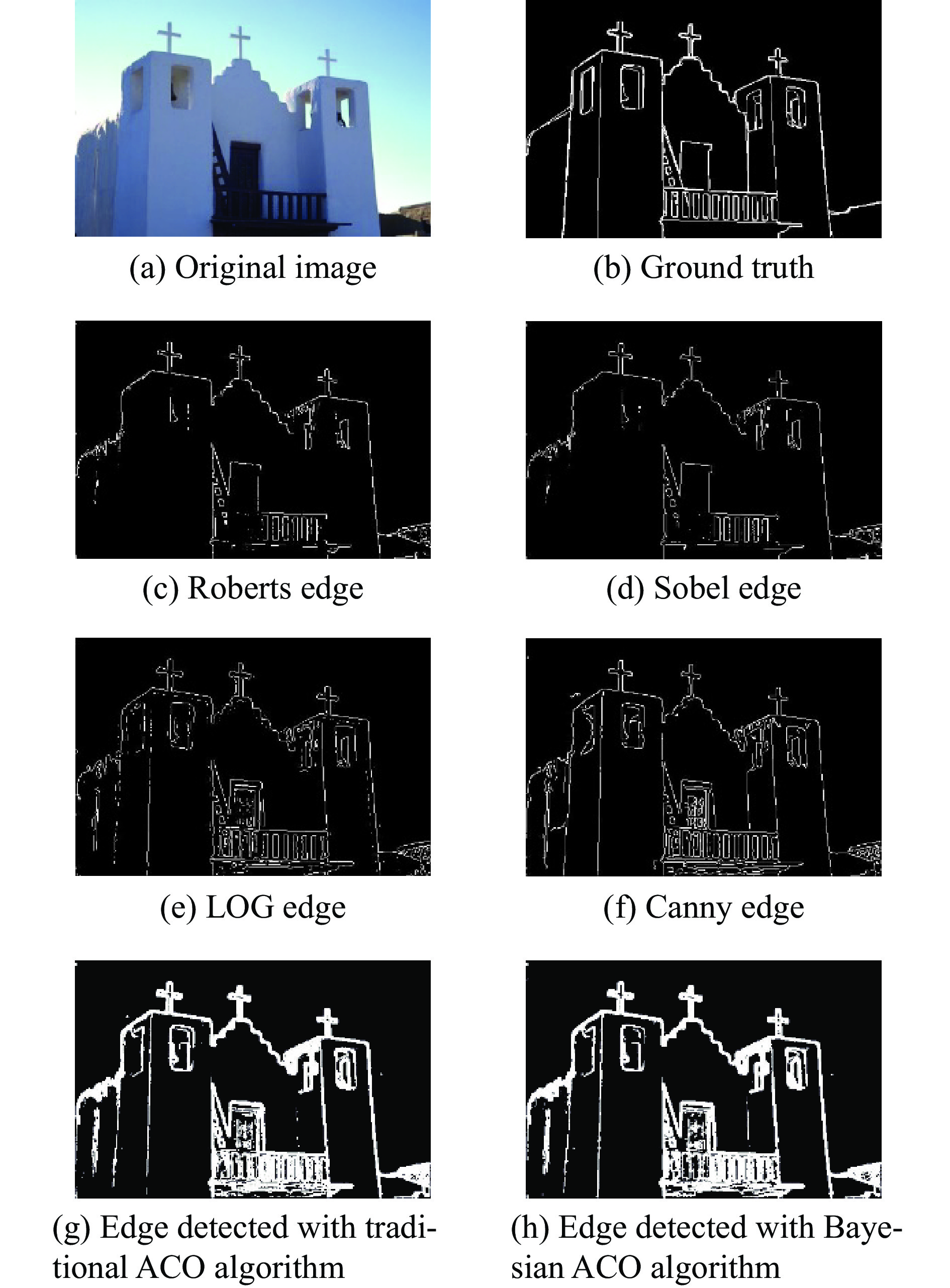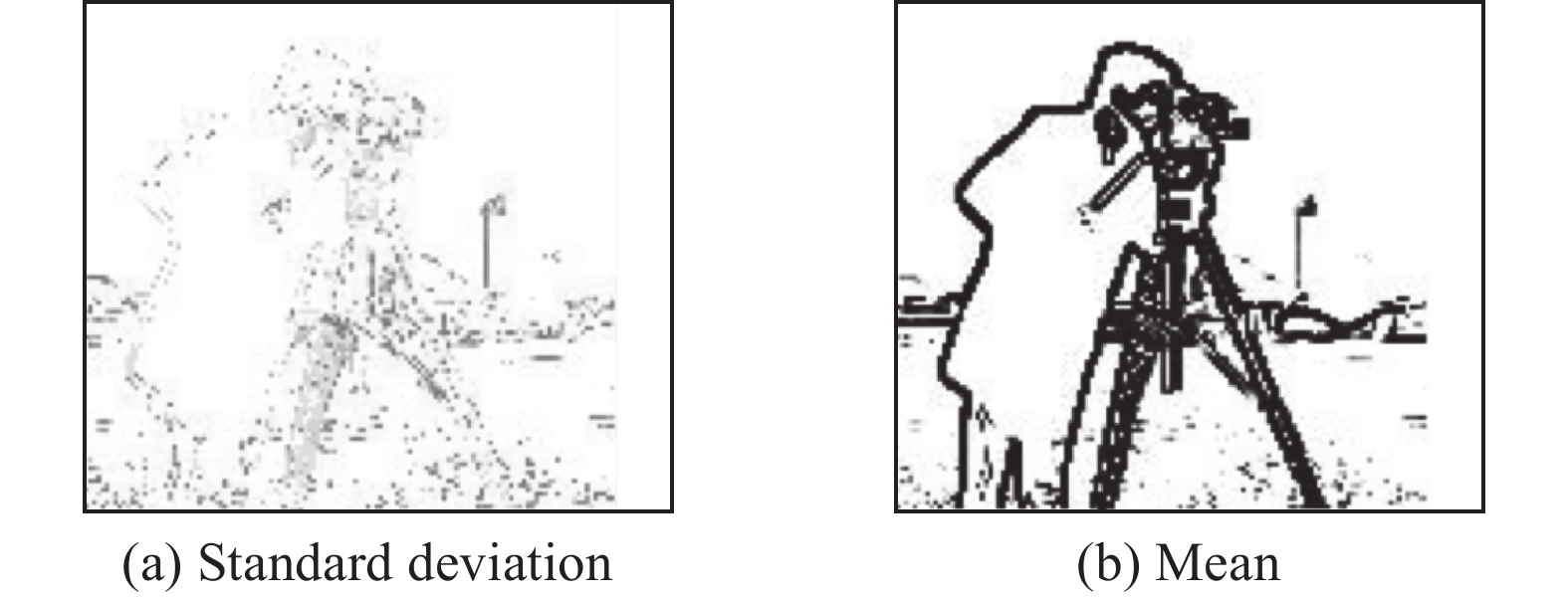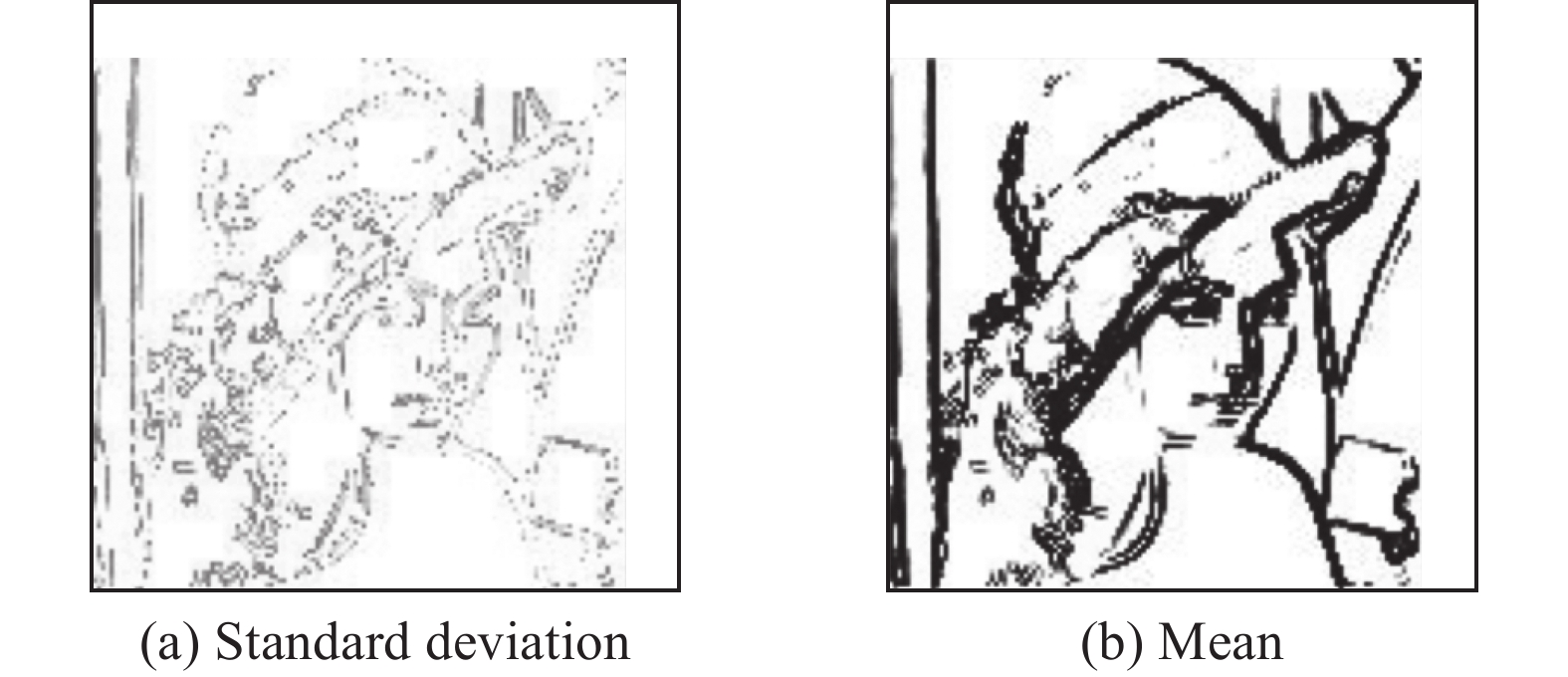| 1 |
YANG Y, WEI L X Grey relevancy degree and improved eight-direction sobel operator edge detection. Journal of Signal and Information Processing, 2021, 12 (2): 43- 55.
doi: 10.4236/jsip.2021.122002
|
| 2 |
ARBELÁEZ P, MAIRE M, CHARLESS F, et al Contour detection and hierarchical image segmentation. IEEE Trans. on Pattern Analysis and Machine Intelligence, 2010, 33 (5): 898- 916.
|
| 3 |
GAO T H, YANG Z H. 3D Object recognition method based on improved Canny edge detection algorithm in augmented reality. Proc. of the IEEE 5th International Conference on Image, Vision and Computing, 2020: 19−23.
|
| 4 |
ZHAO L J, KONG W Z, QIN M. More robust object tracking via semi-supervised metric learning and edge detection. Proc. of the 3rd Advanced Information Technology, Electronic and Automation Control Conference, 2018: 617−621.
|
| 5 |
COLORNI A, DORIGO M, MANIEZZO V Distributed optimization by ant colonies. Proceedings of the the First European Conference on Artificial Life, 1991, 142, 134- 142.
|
| 6 |
DORIGO M. Optimization, learning and natural algorithms. Milan: Thesis Politecnico Di Milano Italy, 1992.
|
| 7 |
DORIGO M, MANIEZZO V, COLORNI A Ant system: optimization by a colony of cooperating agents. IEEE Trans. on Systems, Man, and Cybernetics, Part B, 1996, 26 (1): 29- 41.
doi: 10.1109/3477.484436
|
| 8 |
YIN D, DU S H, WANG S W A direction-guided ant colony optimization method for extraction of urban road information from very-high-resolution images. IEEE Journal of Selected Topics in Applied Earth Observations and Remote Sensing, 2015, 8 (10): 4785- 4794.
doi: 10.1109/JSTARS.2015.2477097
|
| 9 |
TIAN J, YU W Y, XIE S L. An ant colony optimization algorithm for image edge detection. Proc. of the IEEE Congress on Evolutionary Computation (IEEE World Congress on Computational Intelligence), 2008: 751−756.
|
| 10 |
LIU X C, FANG S P A convenient and robust edge detection method based on ant colony optimization. Optics Communications, 2015, 353, 147- 157.
doi: 10.1016/j.optcom.2015.05.019
|
| 11 |
DORIGO M, GAMBARDELLA L M Ant colony system: a cooperative learning approach to the traveling salesman problem. IEEE Trans. on Evolutionary Computation, 1997, 1 (1): 53- 66.
doi: 10.1109/4235.585892
|
| 12 |
NEZAMABADI-POUR H, SARYAZDI S, RASHEDI E Edge detection using ant algorithms. Soft Computing, 2006, 10 (7): 623- 628.
doi: 10.1007/s00500-005-0511-y
|
| 13 |
WONG Y P, SOH V C M, BAN K W, et al. Improved canny edges using ant colony optimization. Proc. of the 5th International Conference on Computer Graphics, Imaging and Visualisation, 2008: 197−202.
|
| 14 |
ZHANG J, HE K, ZHENG X Q, et al An ant colony optimization algorithm for image edge detection. Proc. of the International Conference on Artificial Intelligence and Computational Intelligence, 2010, 2, 215- 219.
|
| 15 |
BENHAMZA K, SERIDI H Improvement on image edge detection using a novel variant of the ant colony system. Journal of Circuits, Systems and Computers, 2019, 28 (5): 1950080.
doi: 10.1142/S0218126619500804
|
| 16 |
YU Y B, DENG Q X, REN L Y, et al Memristor crossbar array based ACO for image edge detection. Neural Processing Letters, 2020, 51 (2): 1891- 1905.
doi: 10.1007/s11063-019-10179-6
|
| 17 |
JEBUR M R, HASAN L S Effecting pheromone decay on the ant colony optimization canny edge detector. Journal of Algebraic Statistics, 2022, 13 (1): 298- 301.
|
| 18 |
BALTIERRA S, VALDEBENITO J, MORA M A proposal of edge detection in images with multiplicative noise using the ant colony system algorithm. Engineering Applications of Artificial Intelligence, 2022, 110, 104715.
doi: 10.1016/j.engappai.2022.104715
|
| 19 |
LIU Y, MA J W, ZANG S F, et al. Dynamic path planning of mobile robot based on improved ant colony optimization algorithm. Proc. of the 8th International Conference on Networks, Communication and Computing, 2019: 248−252.
|
| 20 |
WANG J. Research on robert path planning based on Bayes decision and ant colony algorithm in a complex environment. Nanjing: Nanjing Normal University, 2011. (in Chinese)
|
| 21 |
ZHAO Z N, Z ZHANG Z N. Rerouting path planning based on improved ant colony algorithm. Aeronautical Computing Technique, 2015, 45 (3): 12- 16.
|
| 22 |
WANG Z W, HUANG W H, YU W K, et al Path planning based on ant colony algorithm with Bayesian decision making. Modular Machine Tool Automatic Manufacturing Technique, 2020, 6, 41- 46.
|
| 23 |
YU H J, LUAN M Application of improved ant colony optimization algorithm in path planning of unmanned surface vessels. Control Engineering of China, 2022, 29 (3): 413- 418.
|
| 24 |
BATERINA A V, OPPUS C. Ant colony optimization for image edge detection. Proc. of the 9th WSEAS International Conference on Signal Processing, Robotics and Automation, 2010: 220−225.
|
| 25 |
RAHEBI J, ELMI Z, SHAYAN K. Digital image edge detection using an ant colony optimization based on genetic algorithm. Proc. of the IEEE Conference on Cybernetics and Intelligent Systems, 2010: 145−149.
|
 ), Yuanjingyang ZHONG(
), Yuanjingyang ZHONG( ), Xiao FENG(
), Xiao FENG( ), Xiangxiang WANG(
), Xiangxiang WANG( ), Ekong FAVOUR(
), Ekong FAVOUR( ), Chen ZHOU(
), Chen ZHOU( ), Man CHENG(
), Man CHENG( ), Hao WANG(
), Hao WANG( ), Jingya WANG(
), Jingya WANG( )
)
